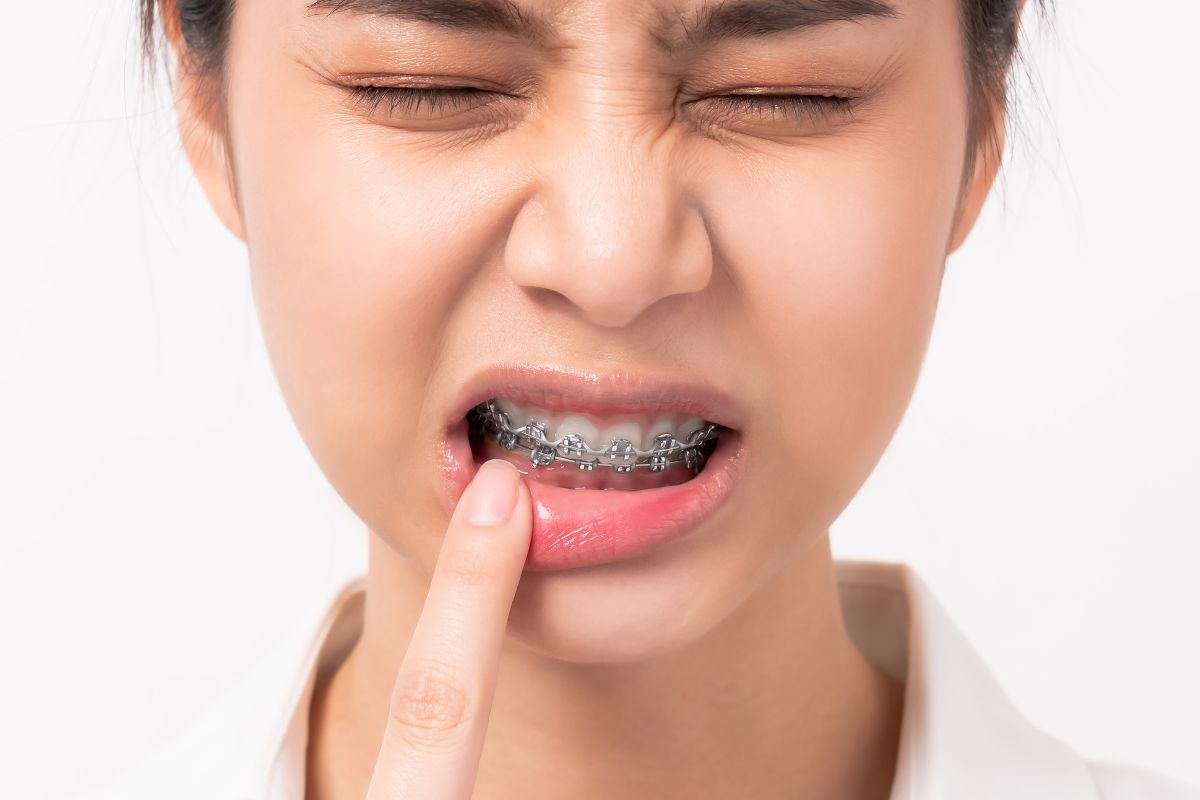Maintaining optimal oral hygiene goes beyond the traditional essentials of brushing and flossing. In this quest for comprehensive dental care, mouthwash emerges as a contender, raising questions about its timing, benefits, and indispensability. If you're already incorporating mouthwash into your dental regimen or considering its inclusion, you're likely pondering its efficacy and appropriate usage.
It's essential, however, to establish from the outset that while mouthwash can be a valuable addition, it cannot supplant the fundamental brushing and flossing practices. Its actual benefits shine through only when used judiciou98sly and correctly. In the forthcoming discussion, we will navigate the nuances of incorporating mouthwash into your daily oral care routine, addressing your queries and shedding light on its right place in maintaining oral health.
Here are some reasons why you should include mouthwash in your dental care routine:
- Freshens your breath: Mouthwash can help mask or eliminate bad breath caused by specific foods, smoking, or other underlying oral disease.
- Reduces plaque and gingivitis: Mouthwash containing antimicrobial agents such as chlorhexidine can reduce plaque and gingivitis. When you use mouthwash to mouth rinse, you eliminate the bacteria that can cause damage to your gums. You can shield your gums against gum disease by using them regularly.
- Promotes healing after any oral surgery: Mouthwash containing chlorhexidine or other antibacterial agents may be recommended by a dentist or oral surgeon to help reduce the risk of infection and promote healing after oral surgery.
- Manage a dry mouth: Mouthwash formulated for dry mouth can help increase saliva production and prevent tooth decay and other oral health problems associated with dry mouth.
Now you know why you should use mouthwash, so do note that mouthwash should not be used as a substitute for brushing and flossing but rather as a supplement to regular oral hygiene practices. Additionally, it's essential to follow the instructions on the mouthwash label, as some types of mouthwash can cause side effects if misused or in excess.
Types of Mouthwash
There are several types of mouthwashes, each with its unique benefits. Here are some of the most common types of mouthwashes that you can check out to choose the right mouthwash for yourself:
- Antiseptic mouthwash: Antiseptic mouthwashes contain ingredients such as alcohol and chlorhexidine, which can help kill bacteria in the mouth and prevent gum disease.
- Fluoride mouthwash: Fluoride mouthwash contains fluoride, which can help strengthen tooth enamel and prevent tooth decay.
- Natural Mouthwash: Natural mouthwashes contain ingredients such as tea tree oil and aloe vera, which can contribute to healthy gums and fresh breath.
- Prescription mouthwash: Prescription mouthwashes are recommended by a dentist or doctor and are used to treat certain oral health problems.

How to use Mouthwash properly:
Always remember that mouthwash is not a substitute for brushing and flossing but an additional step in the daily dental hygiene routine. So the first step is to brush and floss your teeth like usual, use the recommended amount, swish it around your mouth for some time, and spit the mouthwash out into the sink. Don't mouth rinse with water immediately after using the mouthwash, as this can wash away its beneficial effects.
1 - Follow label directions
Different types of mouthwash have different directions for use, so it is essential to read the label and adhere to the recommended directions. Some mouthwashes must be diluted before use, while others are ready.
2 - Do not swallow mouthwash
Mouthwash should not be swallowed as it can cause nausea and other health problems. Take a mouthful of the mouthwash, but don't swallow it. Swish the mouthwash around your mouth for 30-60 seconds, making sure to swish it around your teeth and gums.
3 - Wait to eat or drink
After mouthwash, wait at least 30 minutes before eating or drinking anything. This will give the mouthwash enough time to work and be effective.
4 - Choose the most suitable mouthwash
When choosing the best mouthwash, consider your specific oral health needs. For example, if you are trying to prevent cavities, select a fluoride mouthwash. If you have sensitive teeth or gums, look for a gentle or natural mouthwash.
5 - Pay attention to alcohol content
Some mouthwashes contain alcohol, which can cause dry mouth and irritation in some people. If you experience these symptoms, switch to an alcohol-free mouthwash.
6 - Do not overuse mouthwash
While using mouthwash can be beneficial, too much can be harmful. Excessive use of mouthwash can cause irritation, dry mouth, and even tooth discoloration. Use only the mouthwash recommended on the label or by your dentist.
7 - Store mouthwash properly
Keep your mouthwash in a cool, dry place out of direct sunlight. Keep it out of the reach of children and pets
When to use mouthwash?
You may wonder‚ when is the best time to use mouthwash as it's one of the most debatable topics in oral hygiene. Most mouthwash brands advise using them twice daily, following brushing and flossing, to maximize your mouthwash benefits.
Some mouthwashes contain fluoride to prevent tooth decay, which can help strengthen tooth enamel and prevent tooth decay.
- After brushing and flossing: Mouthwash can be used after brushing and flossing to kill bacteria and help you get fresh breath.
- When traveling: Using mouthwash can help you keep your breath freshened up. Along with that, it can keep your mouth clean if a toothbrush and toothpaste are not available.
- After oral surgery: Using mouthwash can promote faster healing and prevent infections that may arise after the surgery.
- For dry mouth: Mouthwash can help moisten and hydrate a dry mouth. A dry mouth can lead to bad breath and other oral health problems.
Some mouthwashes contain fluoride to prevent tooth decay, which can help strengthen tooth enamel and prevent tooth decay.

Precautions to take when using mouthwash
Mouthwashes usually contain high levels of alcohol and fluoride. Neither ingredient should be taken in large amounts, especially by children.
For this reason, the American Dental Association does not recommend mouthwashes for children under 6 years of age. Adults should also not make a habit of swallowing mouthwash.
If you have open sores or lesions in your mouth, you can try using mouthwash to kill bacteria and speed healing. However, if you have recurring lesions in your mouth, you should talk to a dentist before using mouthwash.
Takeaway
Using mouthwash can be an excellent addition to your daily oral care. Following the tips above, you can safely and effectively use mouthwash to improve oral health and freshen your breath. The germs that cause gum disease in your mouth can be eliminated with chlorhexidine. Chlorhexidine is a powerful antiseptic and disinfectant in mouthwashes that helps reduce the number of germs in your mouth. Your dentist may prescribe it to treat bleeding, swelling, and inflammation from gingivitis. On the other hand, chlorhexidine can leave stains, change the perception of flavours, and cause tartar.
To assist you in making the choice that is best for you, your dentist will help you assess your mouthwash benefits and drawbacks of each option.
%202.svg)



